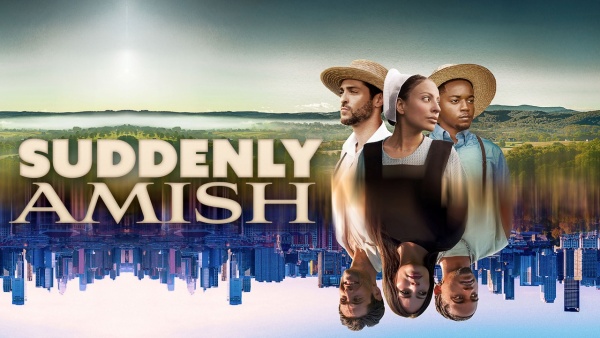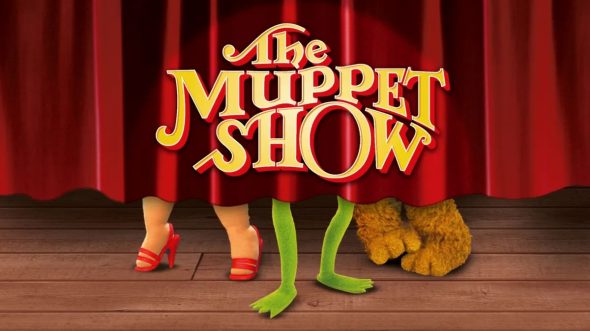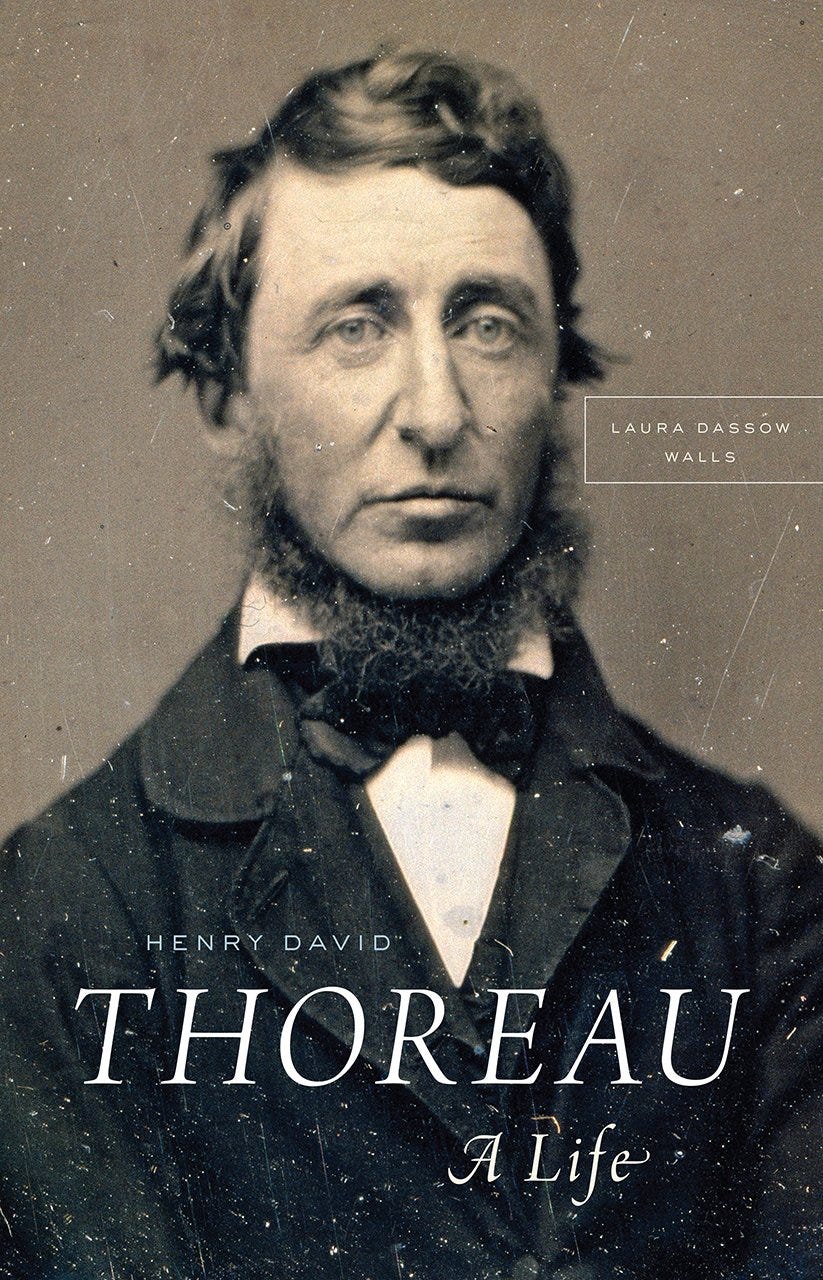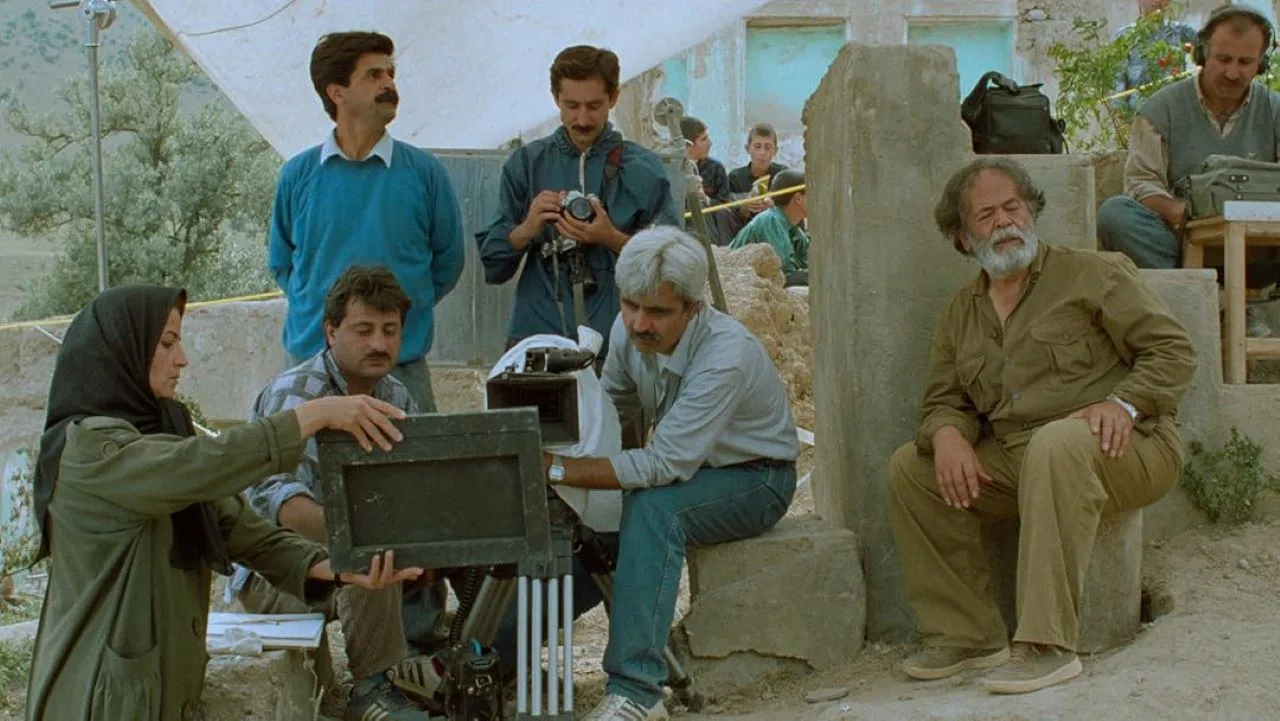[ad_1]
Today we dive into a sexy book about a sexy brain inside a debatably sexy man from Olden Tymes. Everybody, please put your hands together for Henry David Thoreau: A Life (Wonkette cut link) by Notre Dame’s own Professor Laura Dassow Walls! Huzzah!
You likely heard at some point about this fella Thoreau who went off into the woods to build a cabin and live solo. You likely also eventually heard that in fact he was not alone the whole time, and that he often went into town or invited guests to his place, and that he never pretended to be the hermit or isolated genius he became in caricature later on.
If you want more detail – much more detail – this is the book for you.
This book is real fuckin’ good, and I will tell you why I think so. Also, it contains very little actual sex, but if you get horned up for accessible scholarship, you WILL have a tumescent reading experience!
You will not, alas, learn if Thoreau was LGBTQIA+ or if he had any romantic relationships. I hope you are okay with that, you horny demons!
Before I read this book, had I listened to Henry David Thoreau’s “Walden” and “Civil Disobedience” on audiobook? Yes. Had I read these essays in print? Yes, in my childhood (college or whatever). Did I have some familiarity with his general deal, if you will? Sure.
But was I an expert on Thoreau or on Transcendentalism in general or why people from Massachusetts are so angry? No. And I am still not an expert on these matters, but I understand them a little bit more about reading Prof. LDW’s book.
If you think you’re going to jump right into a gossipy celebrity biography, which is obviously why anyone picks up a book about Thoreau, I am sorry to tell you that first you will learn very important things they may never have told you in school!
Walls grounds the book in what is known about the natural evolution of the physical environment that would one day serve as the backdrop for Thoreau’s most celebrated work. Next, she dives into the histories of the indigenous peoples who first lived on that land. After that, she breaks down the political structures imposed by various European colonizing forces.
Once we really have more of a feel for the world in which our hero’s life unfolds, we get to Thoreau’s family genealogy. By the time the dude himself arrives in the general vicinity of his mother’s undercarriage, we have a far better idea of that mysterious beast known as Context.
I found myself contemplating how extraordinary a life Thoreau led while wondering if he himself found it to be anything other than normal-ish. A gifted mechanic, talented builder and seemingly very impressive pencil manufacturer (yes, honey, you read that right), he led a life defined in no small part by his relationships: to his family; to his mentor, Ralph Waldo Emerson; and to his friends.
In the course of his life, this sometimes-grumpy, brilliant oddball met John Brown, Walt Whitman, Frederick Douglass, and other people who would come to define what we now call “American history” in school.
Thoreau may not have known romantic love, but he was beloved. He did not live in isolation. His deep affection for his family, his friends, and his hometown of Concord is quite clear. The account of the death of his brother, who died in Henry’s arms at age 26, was heartbreaking. He was passionate, obstinate, creative, and ever-open to new ideas. He was, as they say, a man ahead of his time.
I was sad at the end and delayed finishing the book because I didn’t want him to die. (Spoiler alert: he still died.) The tuberculosis that plagued his later years finally took him at age 44.
Did I leave this book feeling as if I had a window inside the brain of Thoreau the individual? Not exactly, and I think that’s a great thing. Walls doesn’t attempt to conjure a simple narrative about One Great American Man. While we certainly get a feeling for his personality, preferences and peculiarities, his character serves as a vehicle for us to wander through the New England, Mid-Atlantic and even Middle West (!) of the 19th century.
It seems impossible to write about Thoreau and his abolitionist family members without writing about the enslavement of kidnapped African people and their descendants, but I’ve certainly read some articles that brushed right past it. Walls does not make this error. She also looks at Thoreau’s relationship to local indigenous folks, as well as his prejudices thereof – including the still-familiar glorification/idolization of human beings as characters or tropes.
It would do a discredit to Walls and to her subject to attempt to summarize the way she approaches the topics of slavery, genocide, war, and environmental devastation. Perhaps a better writer than I could sum it all up. Instead, I want to encourage you all to check the book out.
I would never argue that any book is perfect. I also know that I don’t absorb every element of every narrative the first time around. When I really dig a book, I’ll read it a second time. And that’s actually what I’m doing with Thoreau: A Life (Wonkette cut link). I hope you give it a shot.
OPEN THREAD!
[ad_2]
Original Source Link












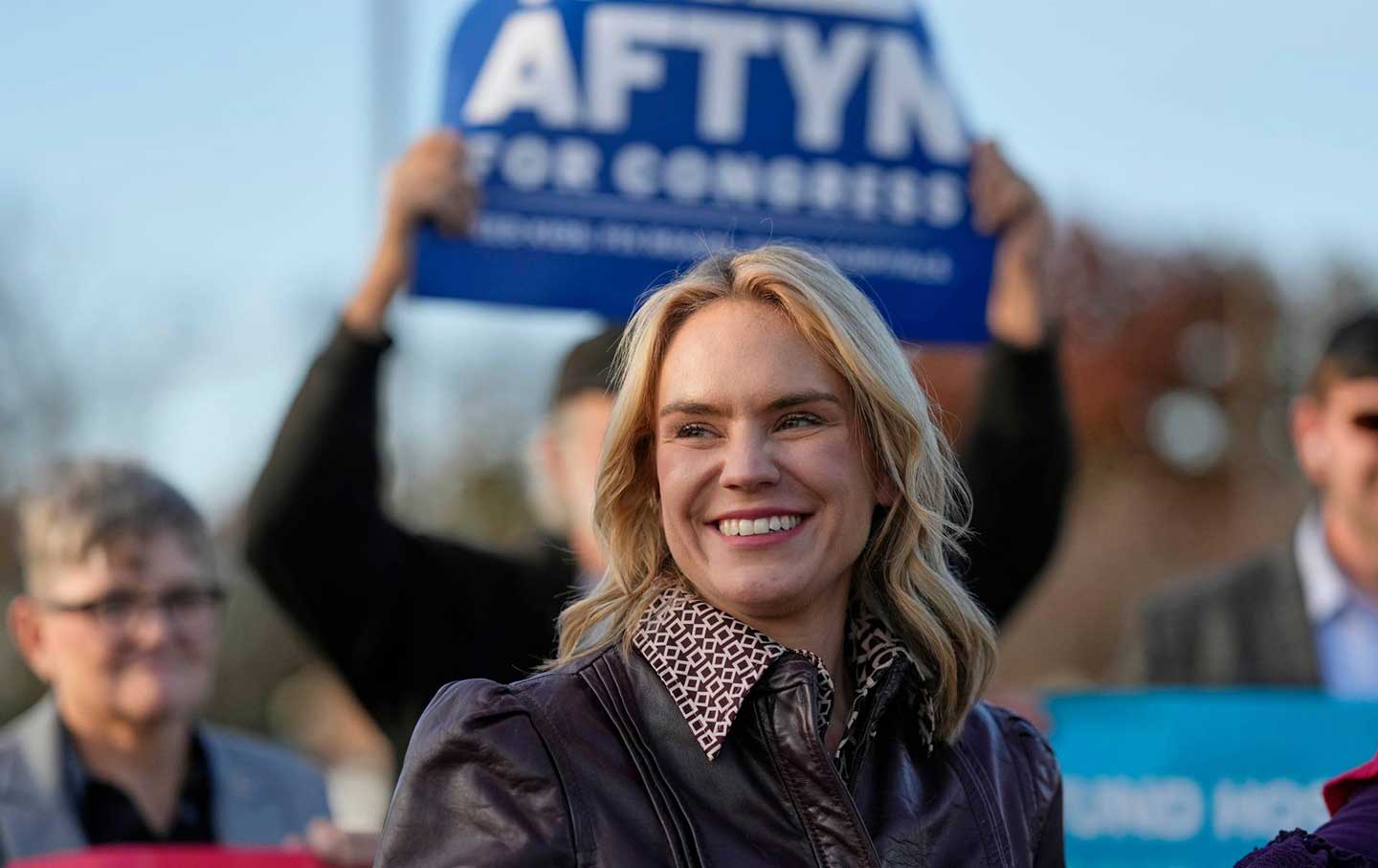
















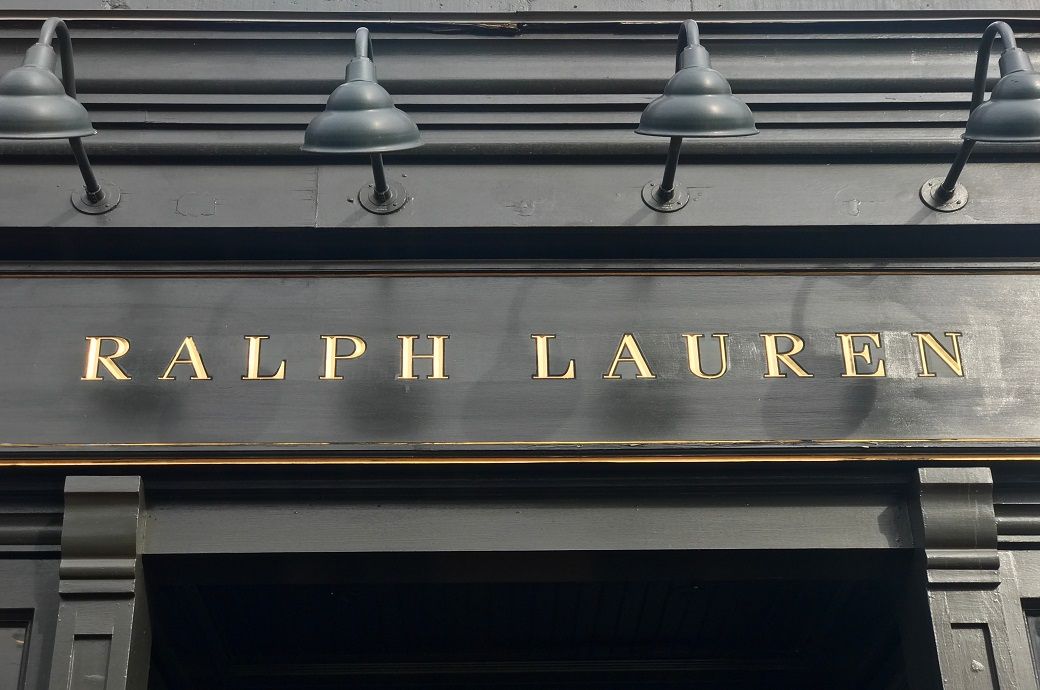





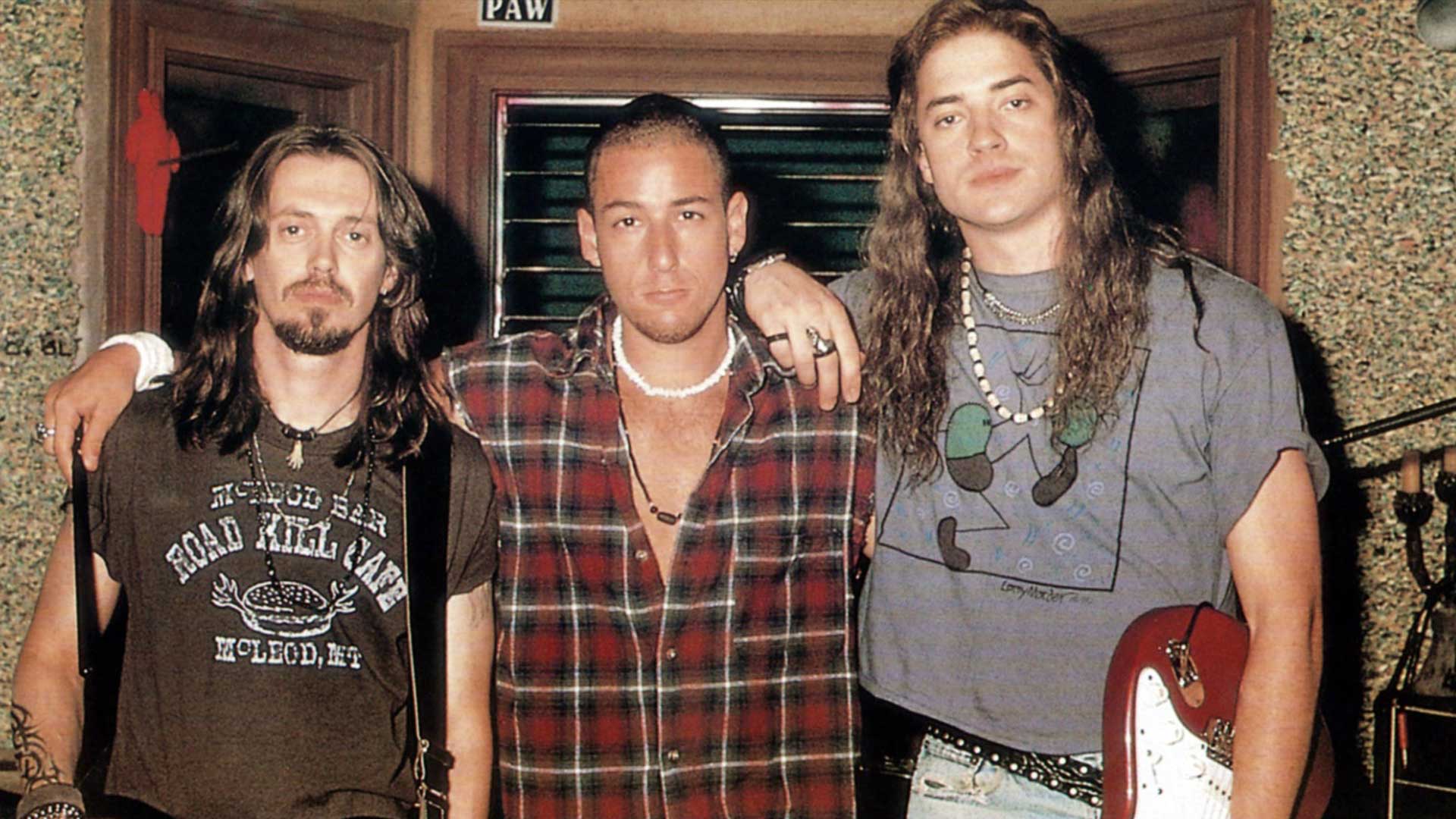

![‘Stranger Things’ Star Reveals “There Wasn’t a Lot of Oversight” When Filming This Iconic Sci-Fi Crime Drama [Exclusive] ‘Stranger Things’ Star Reveals “There Wasn’t a Lot of Oversight” When Filming This Iconic Sci-Fi Crime Drama [Exclusive]](https://static0.colliderimages.com/wordpress/wp-content/uploads/sharedimages/2026/01/0392347_poster_w780.jpg?q=70&fit=contain&w=480&dpr=1)






